
In Photos: A Look Inside WFP’s Global Coronavirus Response
The Coronavirus is threatening the entire human race. And while it’s hurting everyone, it will surely hit vulnerable people the hardest. From Latin America to the Middle East, the virus is already spreading to nations with weak health systems and social safety nets. It’s leaving millions at increased risk of hunger and malnutrition, which in turn, is leaving them at increased risk of infection.
It’s vital that at this time of global crisis that the United Nations World Food Progamme (WFP) maintain its food assistance programs which offers a lifeline to 87 million vulnerable people around the world. The U.N. World Food Programme is on the frontlines, assisting hungry people in more than 80 countries that are often ill-equipped to respond to the pandemic. We are making sure that children who are out of school still receive the meals they need, and that mothers and babies have critical nutritional support. The U.N. World Food Programme is also supporting the logistic response of the entire humanitarian community – working closely with the World Health Organization and health partners, providing support in logistics information management, supply chain planning and supply chain services. The photos below offer an inside look at how the U.N. World Food Programme is responding across the globe.
Panama
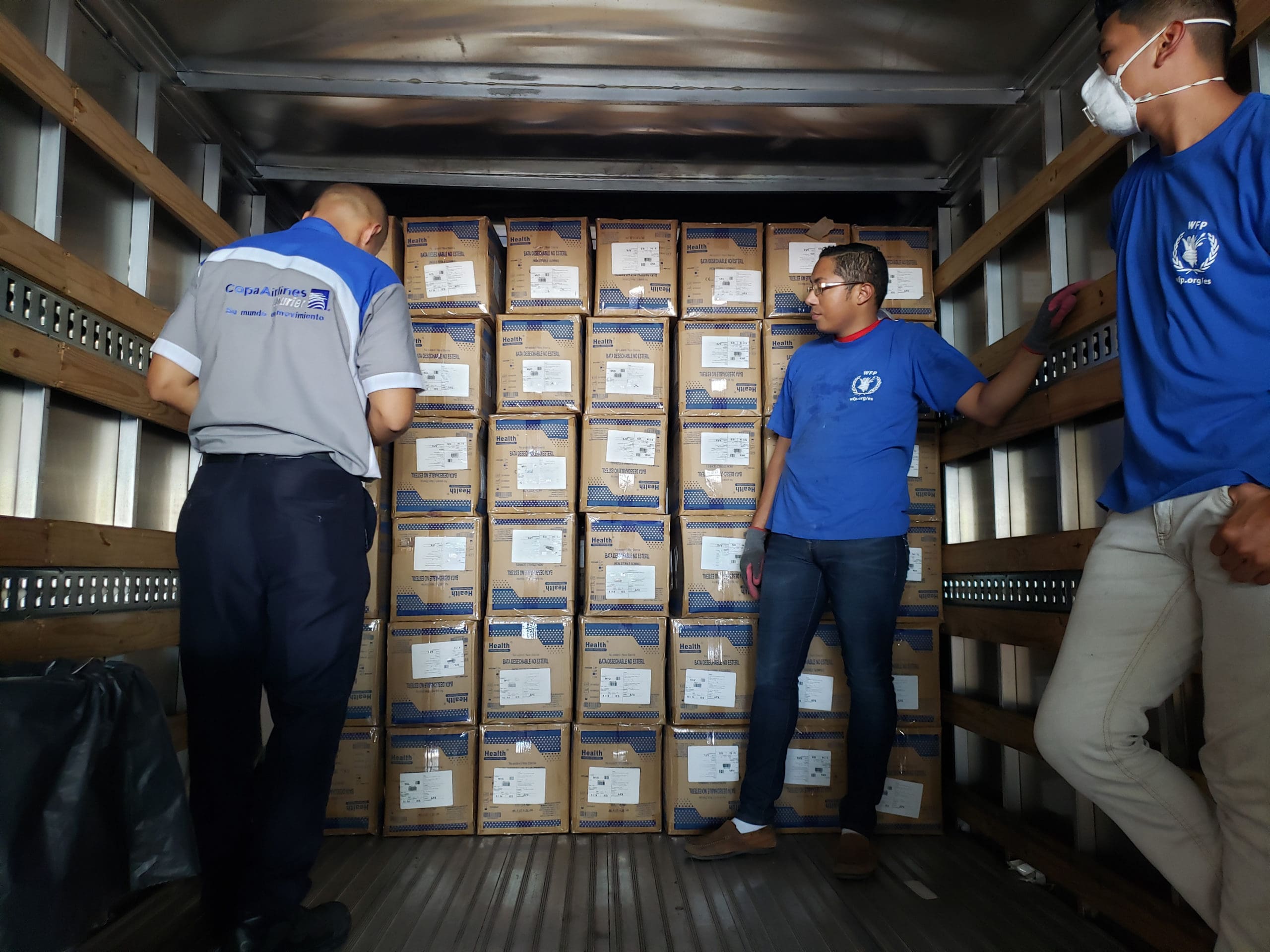
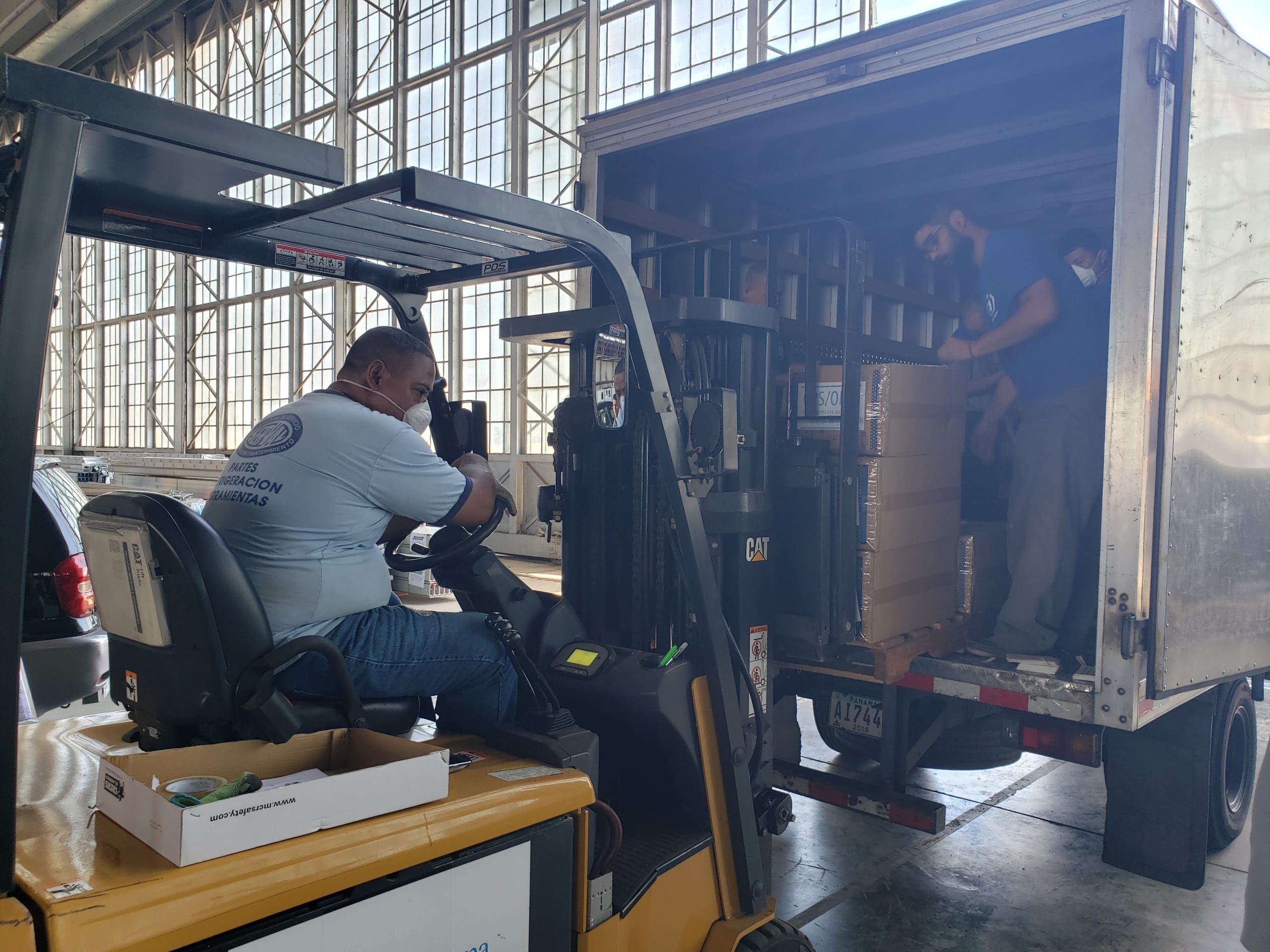
In Panama City, Panama, the U.N. World Food Programme is supporting logistics for WHO’s activities in South America. Above, WFP staff at the UN Humanitarian Response Depot prepare to dispatch 13 consignments of personal protective equipment for healthcare workers across the region. This equipment, specifically, will be shipped to 13 countries, including Bahamas, Belize, Chile, Costa Rica, Colombia, Cuba, Dominica, El Salvador, Guyana, Jamaica, Suriname, Trinidad & Tobago, and Uruguay.
China
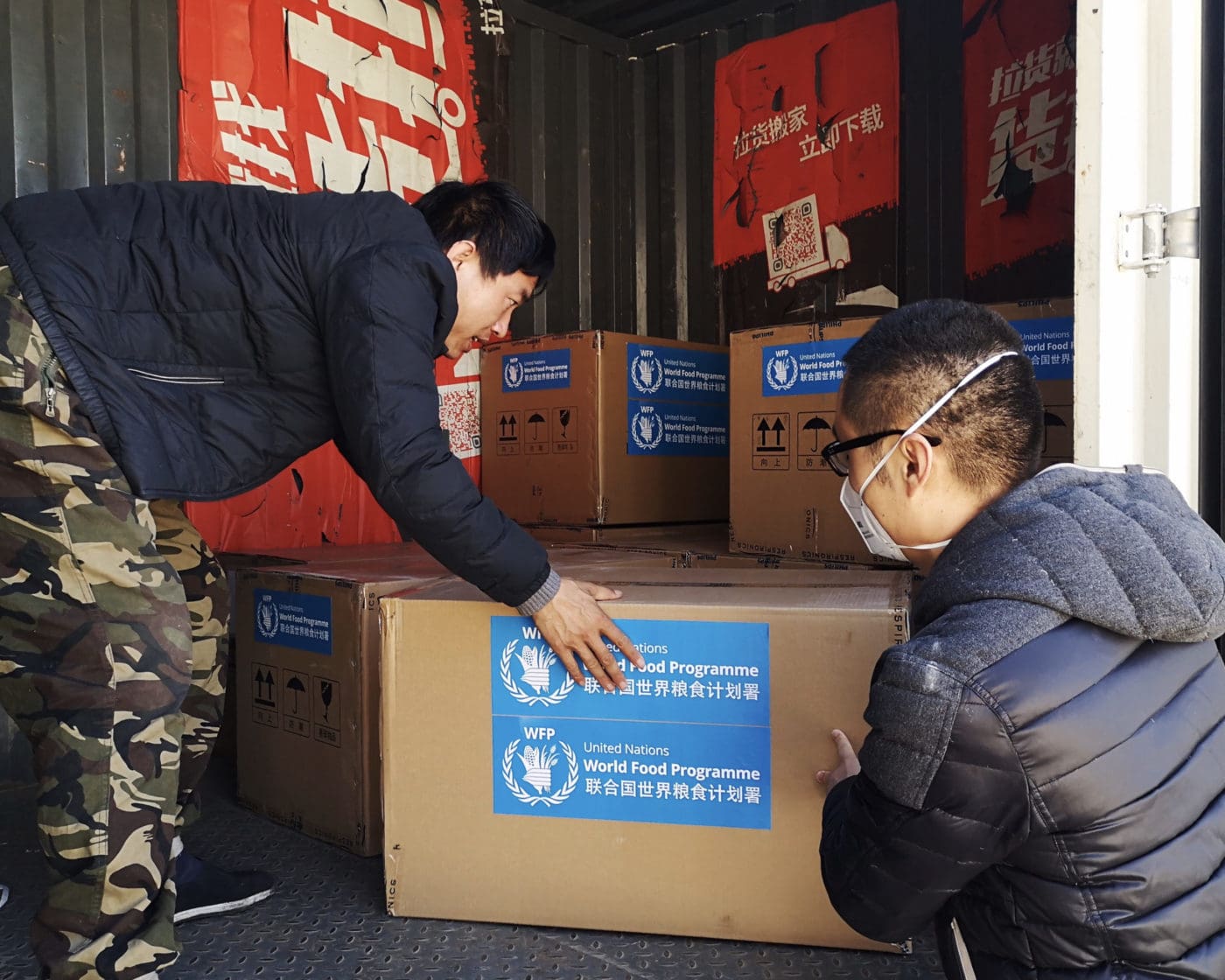
The U.N. World Food Programme is providing lifesaving medical equipment worth $500,000 to help China’s frontline hospitals in the Hubei province and support the government’s effort to combat COVID-19.
This includes ventilators and oxygenation equipment to help the government treat patients who are suffering from severe cases of Coronavirus. In addition to supplies, the U.N. World Food Programme is also providing strategic air transport services for medical equipment.
The U.N. World Food Programme is working closely with the Chinese Government to ensure its assistance is aligned with the country’s national priorities, including mitigating the long-term consequences of the COVID-19 on the livelihoods of small-scale farmers in rural areas.
Colombia
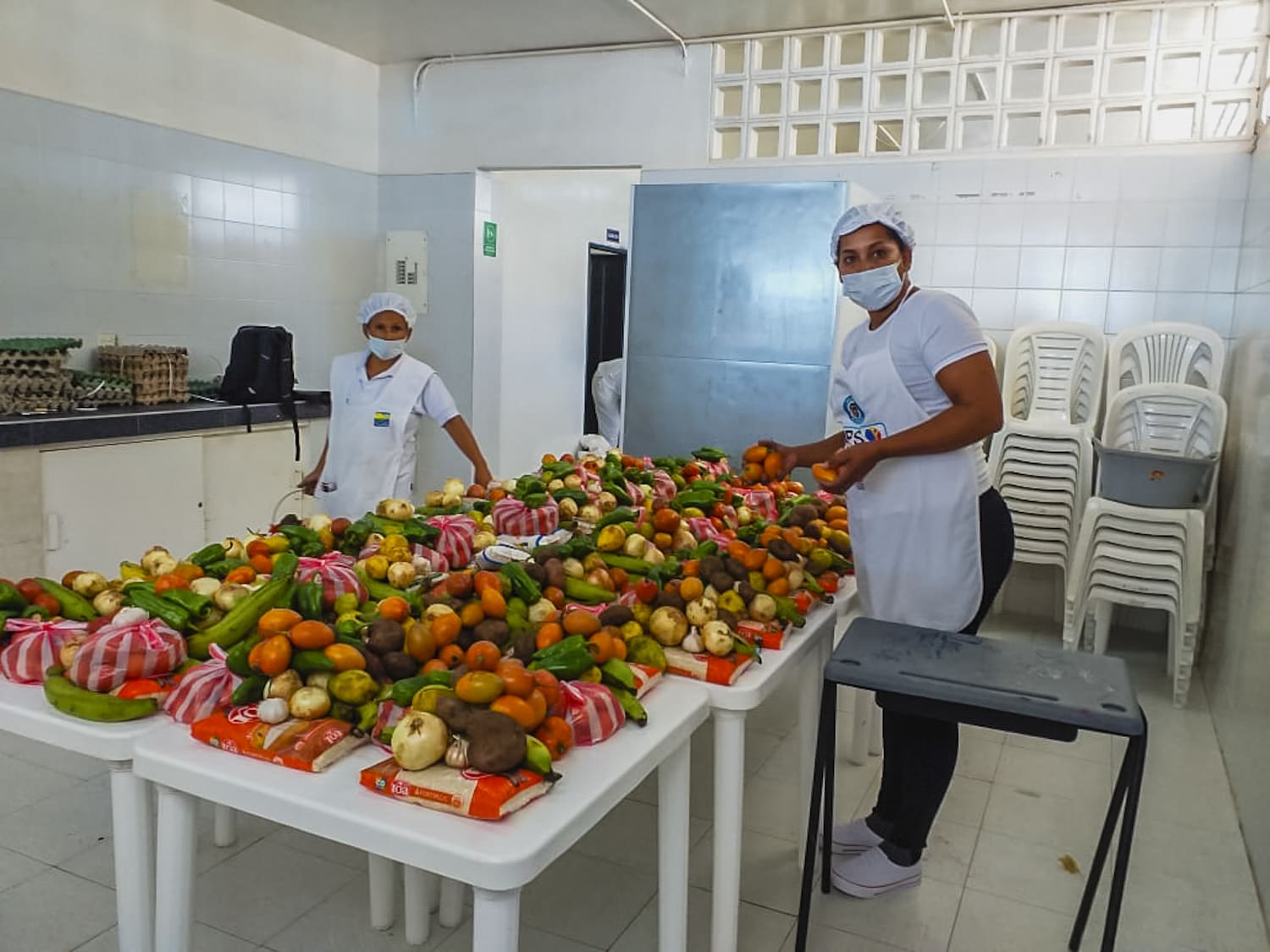
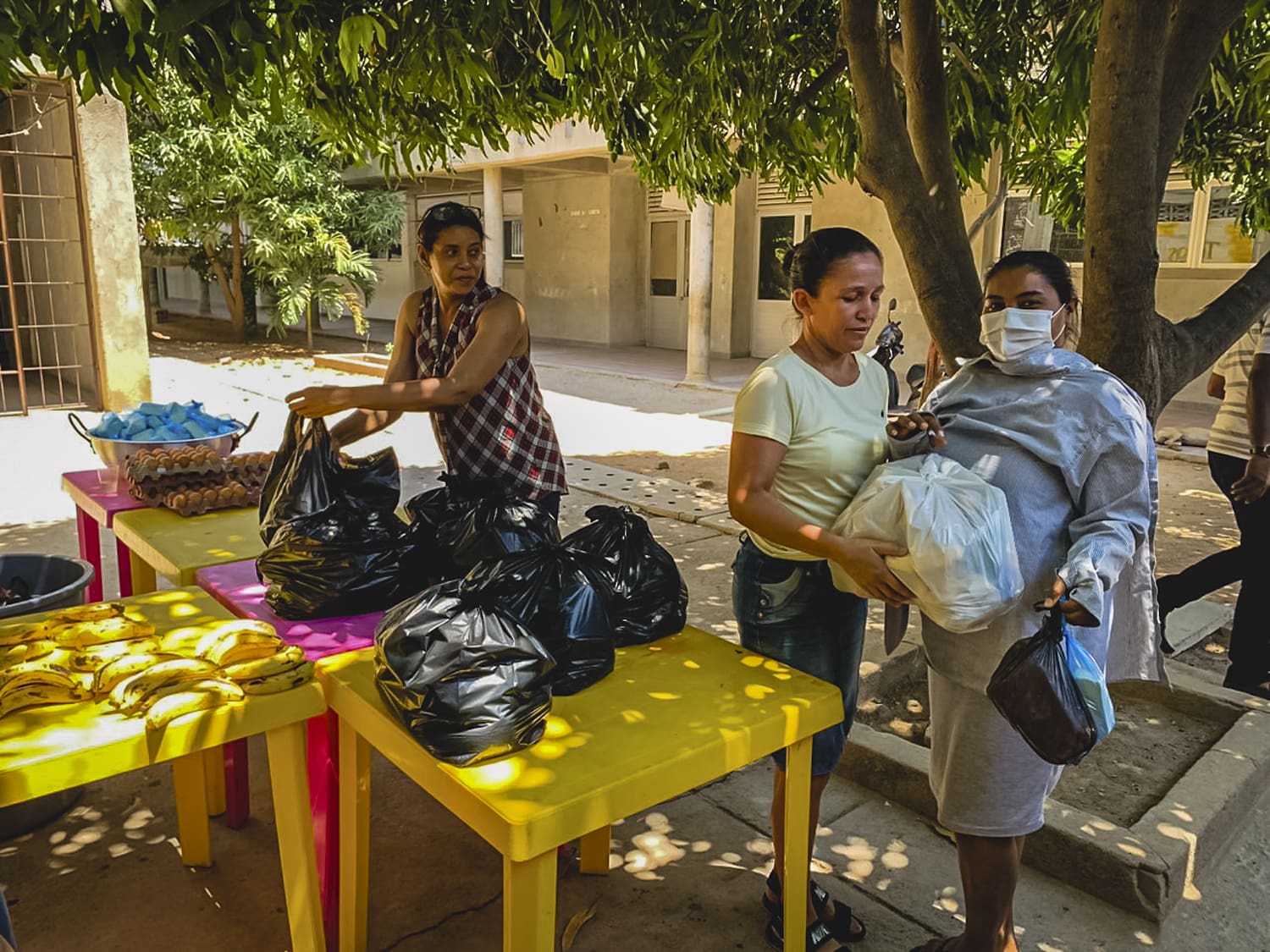
Following Colombia’s decision to close schools due to the Coronavirus outbreak, local school authorities and the U.N. World Food Programme are distributing take-home rations to children and their parents in La Guajira, Colombia.
In coordination with school authorities, the U.N. World Food Programme is providing more than 37 tons of food throughout 30 schools. Additionally, the U.N. World Food Programme and authorities are distributing food that was already stored in schools to parents and students. Many schools had uncooked and unprepared food leftover following school closures.
Iran
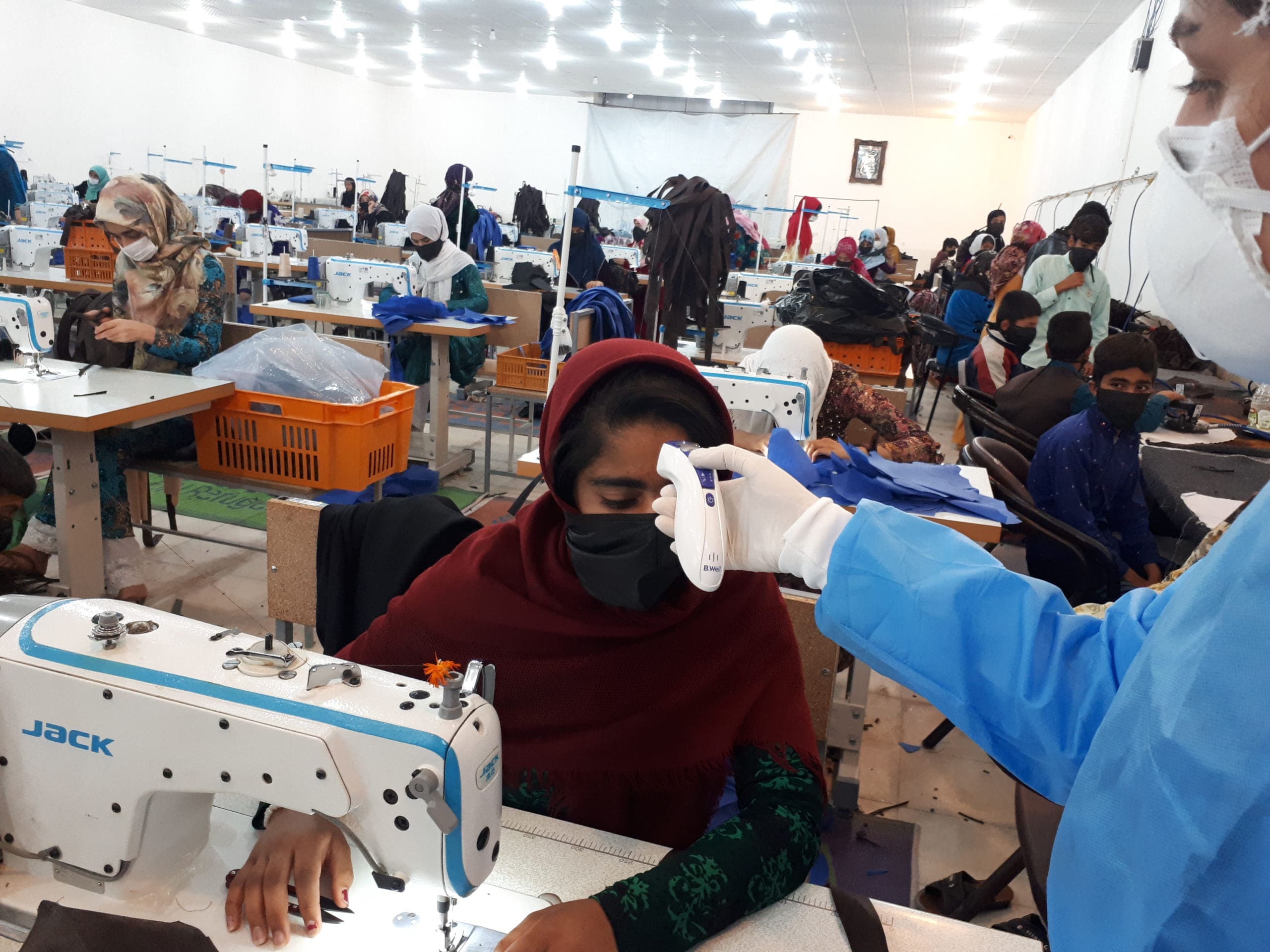
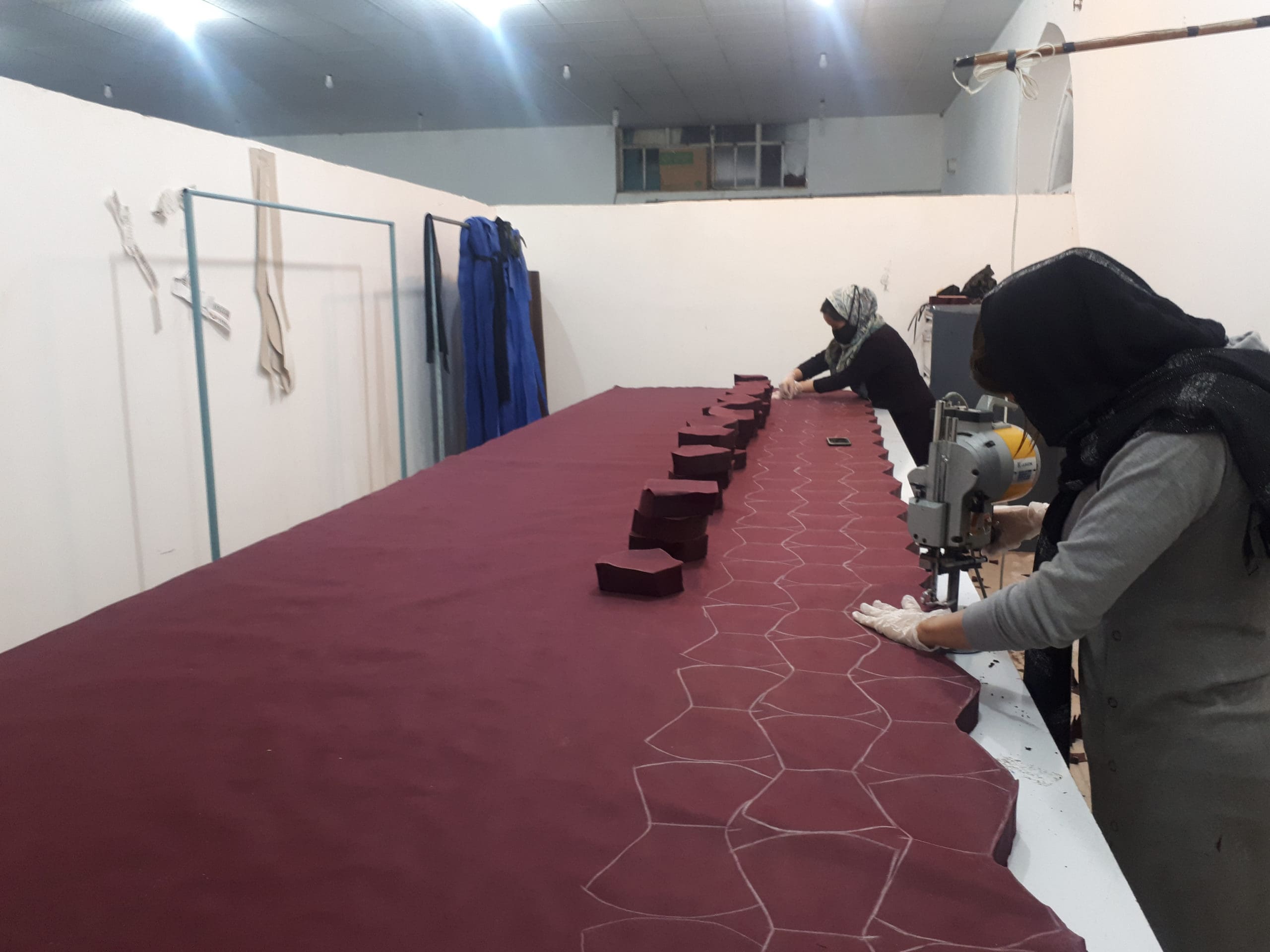
In Iran, the U.N. World Food Programme hosts tailoring workshops for more than 170 refugees. The workshops provide refugees with skills and opportunities to generate income for their families.
Iran has been severely impacted by the Coronavirus, and as a result, the demand for masks and other supplies is high. To help fight this pandemic, refugees in one of the U.N. World Food Programme’s workshops volunteered to sew masks and provide them to their communities.
Since mid-March 2020, the workshop has been sanitized and prepared to produce masks. All the refugees entering the workshop are taking precautionary measures to avoid virus transmission.
***
As COVID-19 continues to spread, the threat of food insecurity will increase. The road to recovery will be long – but the U.N. World Food Programme continues to fight on the frontlines for people in need and work to reduce its impact. Learn more about the U.N. World Food Programme’s continued Coronavirus response.




